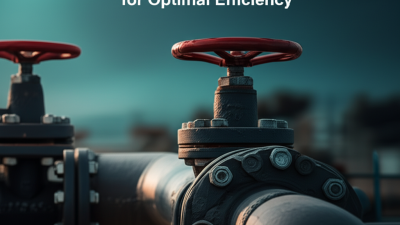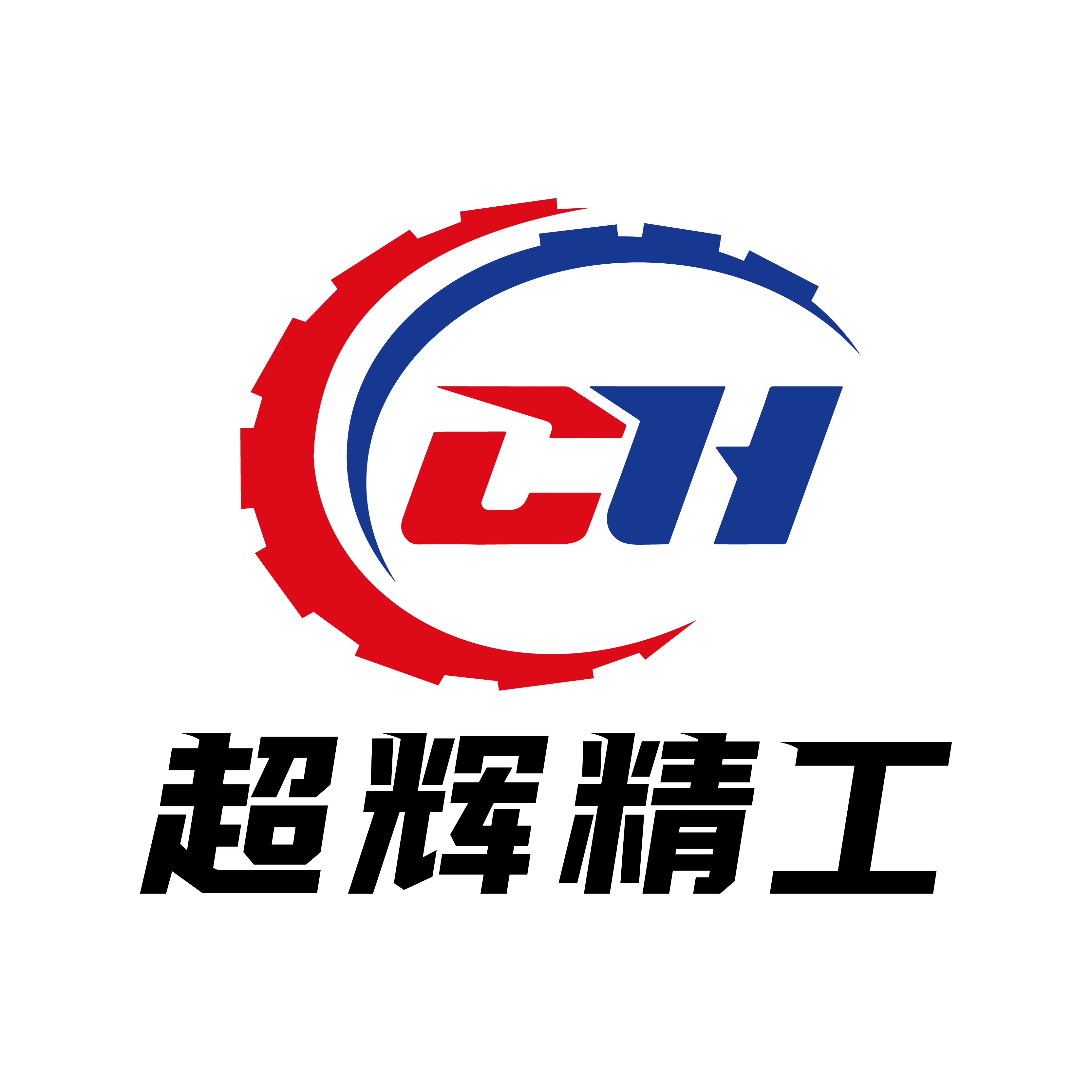In the energy sector, efficiency and reliability are paramount, particularly in the transportation of natural gas through extensive pipeline systems. A critical component of this infrastructure is the Gas Pipeline Gaskets, which play a vital role in ensuring leak-tight seals and optimal performance. According to a report by the American Gas Association, the natural gas industry in the U.S. delivered over 31 trillion cubic feet of gas in 2022 alone, underscoring the necessity of maintaining robust and efficient pipeline operations. The right gaskets can prevent costly leaks and downtimes, contributing to enhanced operational efficiency and sustainability. By unlocking the advantages of the best gas pipeline gaskets, operators can significantly improve safety, reduce maintenance costs, and ensure compliance with stringent regulatory requirements. Thus, understanding the importance and features of high-quality gaskets is essential for those aiming to maximize the effectiveness of their gas pipeline systems.

High-quality gaskets play a crucial role in the efficiency and safety of gas pipeline systems. In any pipeline application, the integrity of gaskets directly impacts the system's ability to withstand pressure and temperature fluctuations. By utilizing the best gas pipeline gaskets, operators can ensure a tight seal, reducing the risk of leaks and enhancing overall performance. This is particularly important in harsh environments, where external factors can challenge the reliability of pipeline systems.
Recent developments, such as those highlighted in the Oman project, underscore the value of innovative materials and technologies in gasket manufacturing. As temperatures fluctuate and conditions become more demanding, the need for robust gaskets that can adapt to these changes becomes evident. The ability of high-quality gaskets to maintain their sealing properties under varying operational circumstances not only contributes to energy efficiency but also promotes safety throughout the pipeline’s lifespan. Thus, investing in superior gasket technology is essential for achieving optimal performance in gas pipeline systems.
In the realm of gas pipeline systems, the choice of gasket materials plays a critical role in overall efficiency and performance. Advanced gasket materials, such as PTFE, graphite composites, and spiral wound gaskets, are designed to withstand high pressures and temperatures while providing superior sealing capabilities. These materials not only enhance the reliability of the pipeline system but also reduce the risk of leaks, ensuring that gas flows smoothly and safely. By utilizing these innovative gaskets, operators can minimize maintenance downtime and extend the lifespan of their equipment, ultimately leading to significant cost savings.
Moreover, the adoption of best gas pipeline gaskets can contribute to improved energy efficiency. High-quality gaskets maintain a secure seal, which prevents gas losses during transportation. This reduction in wastage translates to a more efficient system overall, allowing for optimal performance without compromising safety standards. Additionally, many advanced gaskets offer excellent chemical resistance, making them suitable for various gas types and conditions. This versatility not only benefits operators by simplifying maintenance processes but also enhances the adaptability of gas systems to evolving industry demands.
In the gas transport industry, the selection of high-quality gaskets plays a pivotal role in ensuring safety and efficiency. Proper gasket materials can significantly reduce the risk of leaks and failures, which is critical when dealing with volatile substances. With the global gasket and seal materials market projected to reach USD 61.35 billion by 2024, it is evident that the demand for reliable components is on the rise. The selection of gaskets designed for gas pipelines can enhance sealing integrity and performance, thereby minimizing potential hazards associated with gas transport.
Furthermore, as the Industrial Gaskets Market is anticipated to grow to USD 16.84 billion by 2030, the industry must emphasize the importance of using top-tier gaskets. These components not only improve operational efficiency but also bolster safety protocols in gas transportation. The implementation of advanced gasket technology can lead to reduced downtime and enhanced operational reliability, crucial for maintaining safety standards in transporting hazardous materials. Making informed choices about gasket materials can ultimately lead to safer and more efficient gas transport systems.
In the rapidly evolving landscape of pipeline technologies, innovative gasket solutions are playing a pivotal role in shaping the future of pipeline performance. With the global gaskets market projected to reach USD 48.18 billion in 2023 and expand at a CAGR of 4.01% through 2031, the demand for high-performance gas pipeline gaskets is on the rise. Advanced materials and engineering practices are being incorporated to enhance the durability and efficiency of gaskets, meeting the critical needs of modern infrastructure.
Tip 1: When selecting gaskets for gas pipelines, consider materials that are resistant to extreme temperatures and corrosive environments to ensure long-lasting performance.
Emerging technologies, such as the use of sustainable materials and innovative design approaches, are transforming the gasket industry. These advancements not only contribute to higher efficiency and reduced leaks but also align with global sustainability goals. The integration of circular economy practices is now more prevalent, reinforcing the industry’s commitment to minimizing environmental impact.
Tip 2: Regularly monitor gasket performance and implement preventive maintenance strategies to maximize operational efficiency and reduce downtime.
By leveraging these innovative gasket technologies, companies can unlock enhanced pipeline performance, ensuring safety and reliability in gas transportation systems.
This chart illustrates the advantages of different gasket technologies in enhancing gas pipeline performance, focusing on parameters such as durability, thermal stability, and leakage prevention.
When considering the efficiency of gas pipelines, investing in premium gaskets can yield significant long-term benefits. A cost-benefit analysis reveals that while the initial expenditure on high-quality gaskets may be higher, the returns in terms of reduced maintenance costs, increased safety, and improved system efficiency are substantial. The industrial gaskets market, expected to grow to USD 16.84 billion by 2030, reflects the rising demand for durable and efficient sealing solutions in gas pipelines.
Tips for selecting the best gaskets include understanding the specific requirements of your pipeline system, such as temperature and pressure levels. Researching materials that offer excellent resistance to wear and chemical exposure can prevent leaks and prolong gasket life. Additionally, consulting with manufacturers or industry experts to align gasket choices with operational goals may lead to better purchasing decisions.
Furthermore, consider the installation process and ongoing maintenance needs when selecting gaskets. Proper installation can enhance performance and longevity, meaning fewer replacements over time. By prioritizing quality and strategic purchasing, businesses can unlock the full potential of their gas pipeline systems, leading to enhanced operational efficiency.
| Gasket Type | Material | Temperature Rating (°F) | Pressure Rating (psi) | Cost per Unit ($) | Expected Lifespan (years) | Cost-Benefit Ratio |
|---|---|---|---|---|---|---|
| Spiral Wound Gasket | Stainless Steel | 450 | 1500 | 25 | 10 | 8:1 |
| PTFE Gasket | PTFE | 350 | 2000 | 15 | 5 | 5:1 |
| Rubber Gasket | Nitrile Rubber | 250 | 500 | 10 | 3 | 4:1 |
| Compressed Fiber Gasket | Compressed Fiber | 300 | 800 | 12 | 6 | 6:1 |
